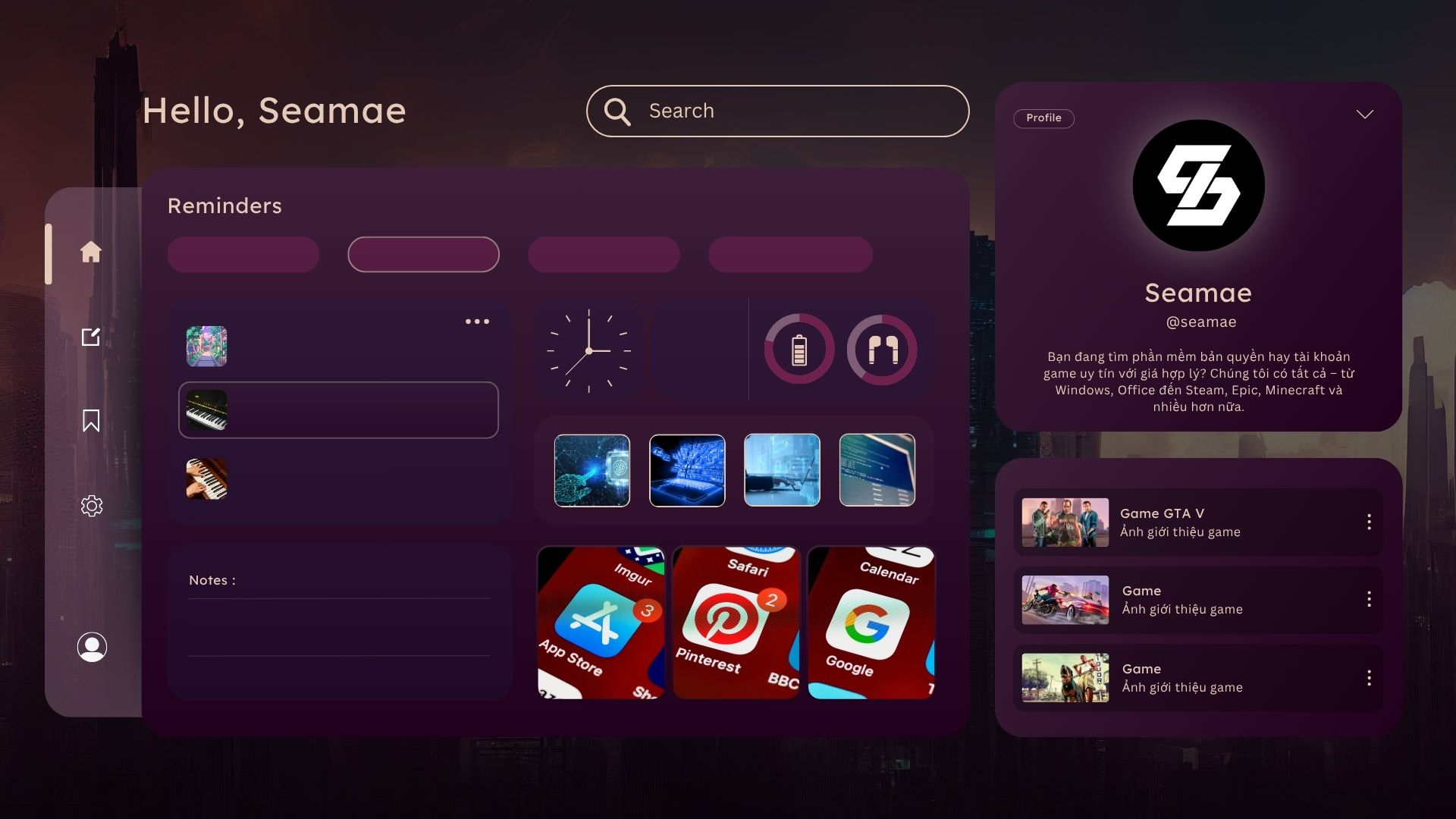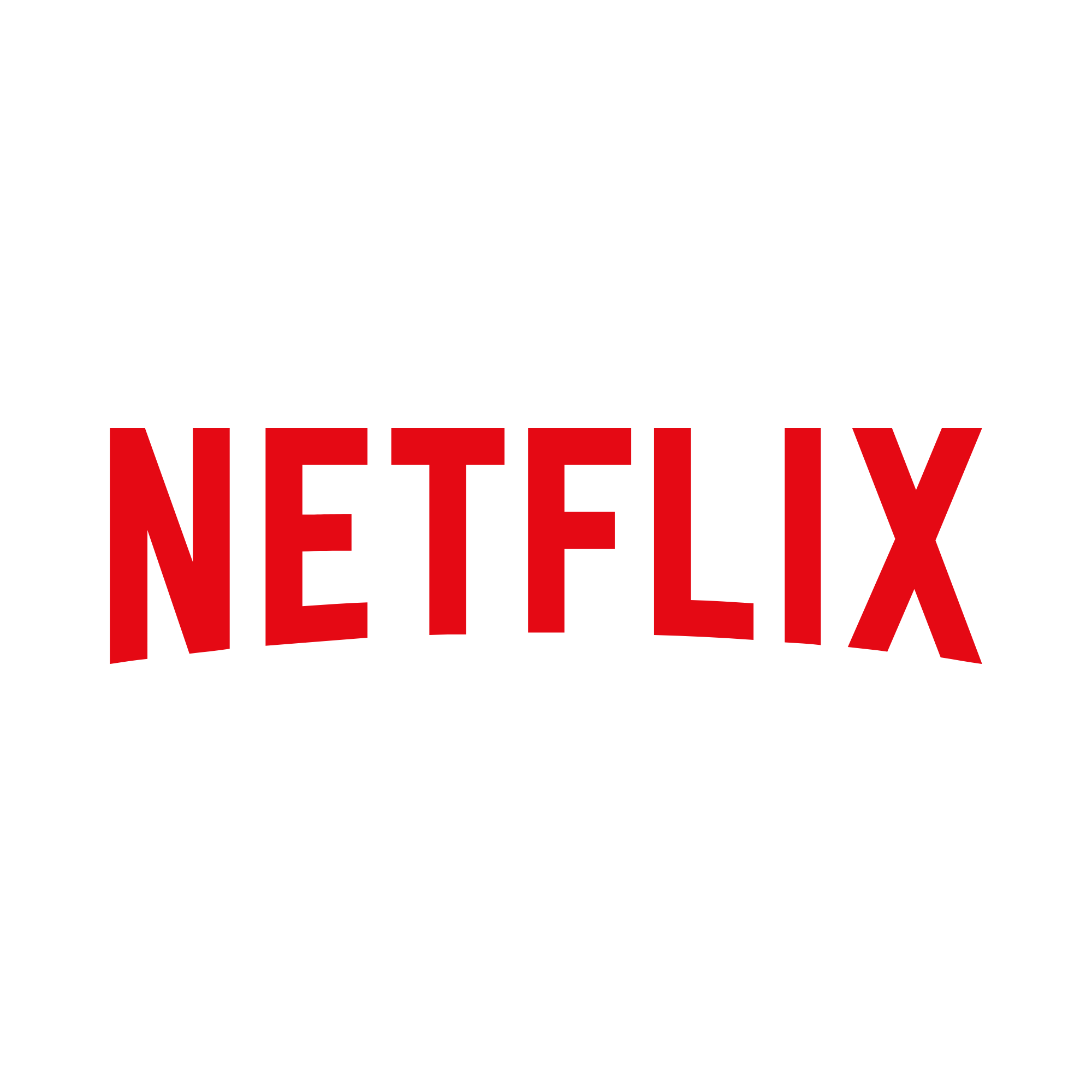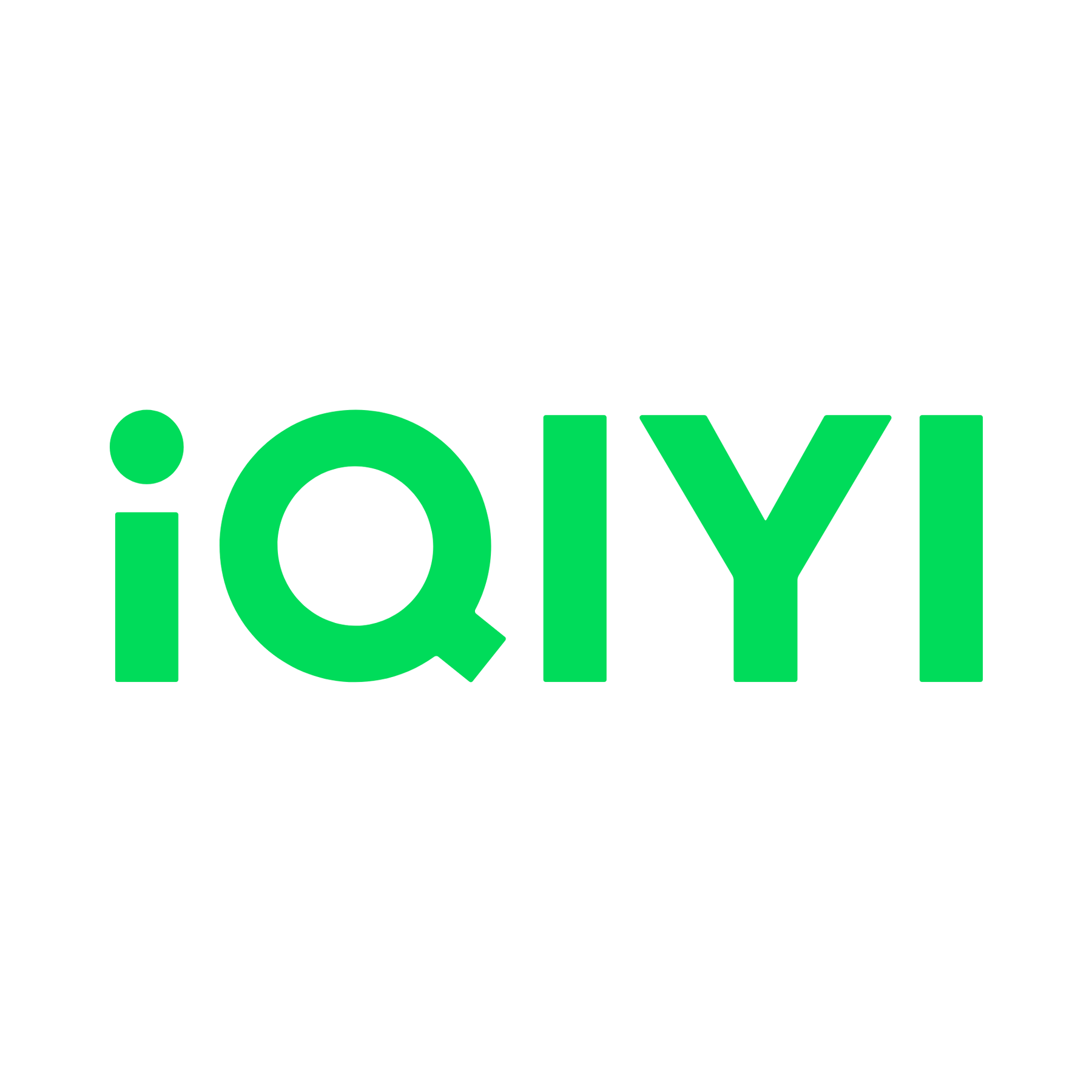Blog
The Real Cost of “Free”: Why You Should Choose Licensed Software Over Cracked Versions

In the vast digital marketplace, the allure of free software can be powerful. A simple search often reveals “cracked” or pirated versions of premium applications, promising all the features without the price tag. While the immediate savings might seem tempting, the long-term costs and inherent risks associated with using counterfeit software far outweigh any initial benefits. Opting for legitimate, licensed software is not just a matter of legality; it’s a crucial decision for your security, productivity, and the ethical integrity of the digital ecosystem.
One of the most significant dangers of using cracked software is the profound security risk you invite onto your system. To bypass licensing protections, cracked software is intentionally modified. These modifications often serve as a backdoor for malicious code. Cybercriminals frequently bundle malware, spyware, ransomware, or viruses within the cracked installation files. Unknowingly, users may be installing keyloggers that capture their passwords and financial information, or ransomware that holds their precious data hostage. The “free” software can quickly devolve into a costly nightmare of data breaches, identity theft, and significant financial loss.
Beyond the immediate security threats, cracked software is a gateway to instability and poor performance. Because it has been tampered with, it often lacks the stability and reliability of the official version. Users frequently experience unexpected crashes, glitches, and compatibility issues that can disrupt workflow and lead to a frustrating loss of productivity. Furthermore, pirated software cannot receive official updates. This means you miss out on critical security patches, new features, and bug fixes, leaving your system vulnerable to newly discovered threats and your software increasingly outdated.
Conversely, purchasing a legitimate software license grants you access to a suite of essential services that enhance your user experience and protect your investment. Official customer and technical support is a key benefit. When you encounter an issue, you have a direct line to the developers for troubleshooting and assistance. Regular updates ensure your software is always running smoothly, securely, and with the latest features. This ongoing support network is invaluable for both personal and professional use, providing a peace of mind that cracked versions simply cannot offer.
The legal and ethical implications of using pirated software are also significant. Software piracy is a violation of copyright law, and both individuals and businesses can face severe penalties, including substantial fines and, in some cases, legal action. Beyond the letter of the law, there is an ethical responsibility to consider. Software development is a complex and resource-intensive process. When you purchase a license, you are directly supporting the developers and companies who invest their time, skill, and financial resources into creating and maintaining these valuable tools. Piracy stifles this innovation by draining revenue that would otherwise be reinvested into research, development, and the creation of new and improved software for everyone.
In conclusion, while the prospect of using premium software for free may seem appealing, the hidden costs are substantial. From exposing yourself to crippling malware and legal repercussions to forgoing critical support and hindering technological progress, the risks associated with cracked software are simply not worth the perceived savings. By investing in licensed software, you are not just buying a product; you are investing in your own security, ensuring reliability, and contributing to a healthy and innovative digital economy.








